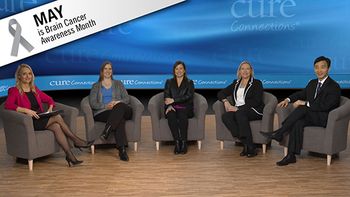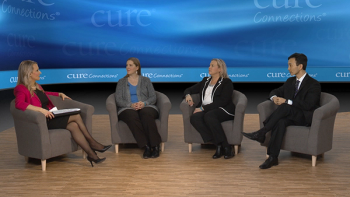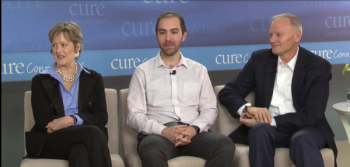
Psychosocial

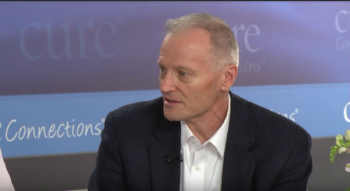
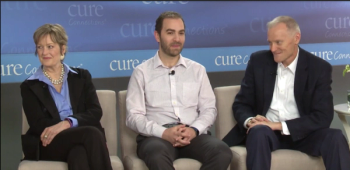
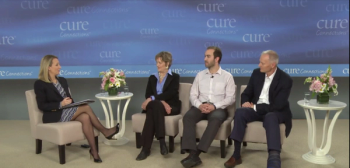
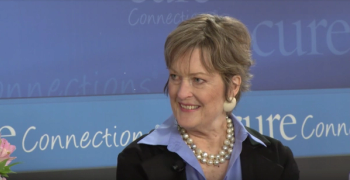

Your methods of coping with cancer might not always be sexy.
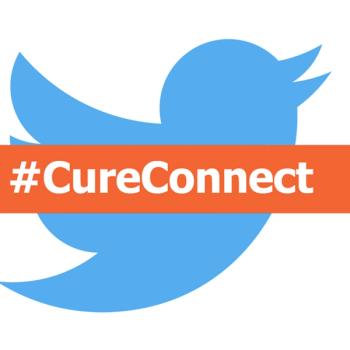
On Feb. 21, we'll be co-hosting a tweet chat with Oncology Nursing News and Will2Love's Leslie R. Schover about sexual health and fertility after a cancer diagnosis. Join us at 9 p.m. EST with the hashtag #CureConnect

I was pretending life was great after my cancer treatment ended. Meanwhile, I was living in a cancer coma.


Certainty takes on a whole new meaning when you are living with cancer.

When cancer anxiety strikes and panic begins to build, there a few tools you can keep close to help you combat the fears and regain calmness in your mind again.

Psilocybin, a component found in psychedelic mushrooms, reduced cancer-related anxiety and depression in a recent trial.

Appreciating modern medicine and learning how to cope the unknowns
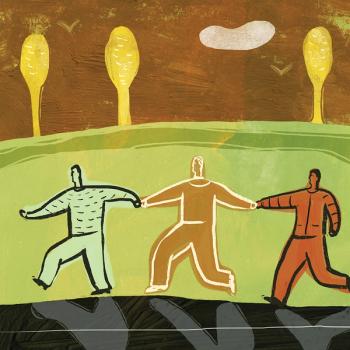
Having strong social support may lead to better breast cancer outcomes, according to a recent study.

Many breast cancer survivors use psychotropic and opioid medications, pointing to an unmet need for psychological care in this population.

Many female survivors of cancer face sexual pain after treatment, and may not feel comfortable starting a conversation with their health care providers.

Scanxiety due to a scheduled or surprise scan or ultrasound can trigger those thoughts and fears of cancer recurrence at any moment.

Not all breast cancer survivors support this social media campaign.

Art therapy provides a creative outlet for many breast cancer patients and helps them cope with stress.

On taking a mental health break from cancer in order to rekindle a sense of hope.

There are some days that, for no reason at all, I struggle to cope with being a cancer survivor. So does that mean I am a failure at survivorship?

After any kind of health trauma, even the good news comes with an air of skepticism, caution and even fear. That said, there's a reason to celebrate any day we get to live and argue in favor of faith and hope, not fear.

Sometimes it seems like being heroic after you get sick is expected of you. To me, putting goodness into the world, in sickness or in health, is what makes heroes.

There is no right way to deal with the various crises life throws our way, so we try to make sense of them and love through it and live, despite the inevitability of our existence.

While most survivors of childhood cancers are well adjusted, a recent study revealed that more testing is needed for psychosocial late effects in certain groups.

After cancer, calm and anxiety go from two separate states of mind to form a new way of thinking and perhaps even fighting the fears that come with being a cancer survivor.

Physician Uri Goldberg discusses an observational cross-sectional study that catalogued depression among patients with cancer by stage and source of malignancy.
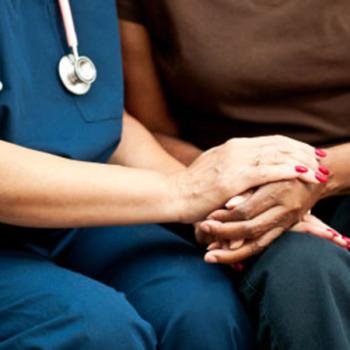
Hand massage was proven to not only reduce patient anxiety while undergoing chemotherapy, but also to strengthen nurse-patient relationships.
